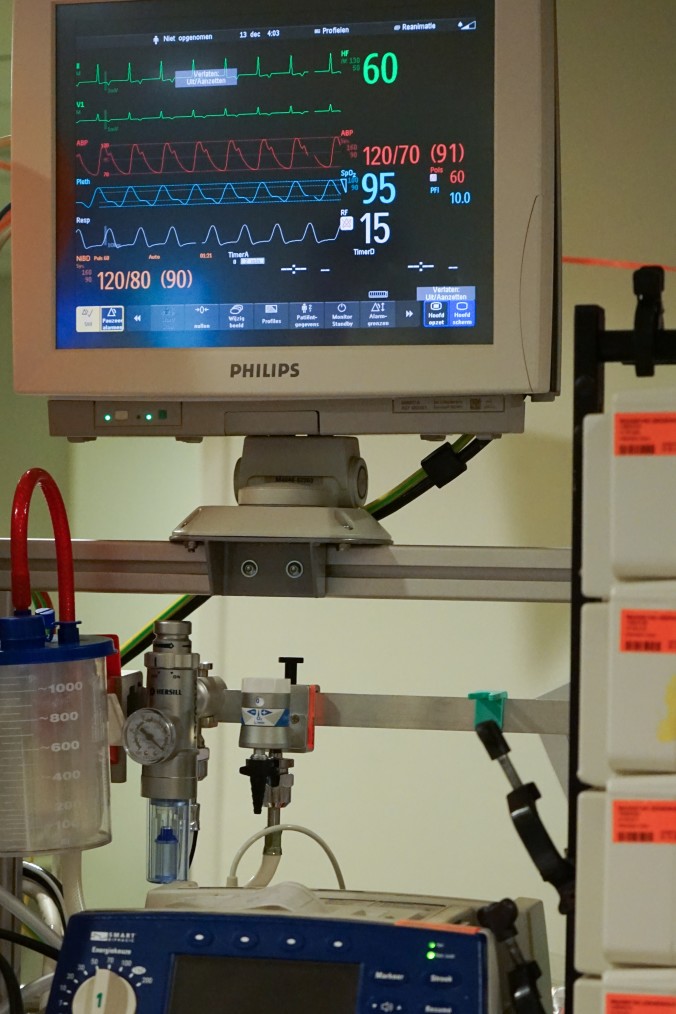Vein Treatment Aftercare
Vein treatment is a process carried out to cure varicose veins. Veins that become swollen, narrowed, or hard are caused by this disease. Varicose veins are mostly treated in the lower body parts like thighs, calves, and knees. Legs become swollen because blood valves are jammed, and blood circulation is disturbed.
Doctors prescribe the patient to go for different options like medications, home remedies, or surgical treatments. After every treatment, there is an aftercare routine that helps you stay healthy and keeps the treatment intact too. Following the plan instructed to you by the doctor can help reduce the chances of varicose veins in the future. It also helps increase the sustainability of the treatment.
Recovery period
Comparing all the treatments available for curing varicose veins, laser treatment is the least complex. The recovery time experienced after a laser vein treatment is almost 3 weeks. The treatment overgoes for few hours and does not require admitting the patient for days in the hospital.
Post-treatment information
After the treatment, you might feel a degree of redness around the body and unusual discomfort. The irritation will not persist longer and will fade after a few days of the treatment. If some conditions stay longer than expected, consult the doctor.
The swollen vein marks will not disappear right after the treatment. It takes around 3 to 6 weeks of complete disappearance of varicose veins. The scars and the marks usually stay longer because of the blood clotted in the arteries. You may experience blistering of the skin, but it is not permanent. Do not scratch the blisters- they will leave permanent scars.
Use a prescribed ointment for massaging the blisters. Proper aftercare can help the skin get back to normal much quicker. You may experience a pressure of pain on the larger affected areas after the treatment too. That is because the procedure takes time to cure varicose veins overall.
Avoid staying long in the sunlight after the treatment because it makes your body itch, and you may damage your skin. It is also advised to ice the affected area 3 to 4 times daily; it will help to treat the swollen skin. Therefore, being patient is essential. Stay cool at the recovery period, follow the given instructions correctly.
Post-treatment instructions
Regardless of what treatment you decide to opt for, you have to take care of the results. Your veins will take time to recover and to make them healthier; there are specific instructions you need to take care of.
- Consult the doctor
After your treatment, your routine should be adequately managed. Any kind of lagging can bring back symptoms of varicose veins. If you have got a small wound that is taking time to recover and does not stop bleeding normally, you should head back to your consultant.
Return to the doctor if you got into an accident and have broken your tissues. There is a high chance of damaged blood vessels after injuries. In times of slightest pain in the legs or lower body area, consult your doctor immediately.
Head back to the emergency if you feel unusual warmness in your feet, and they are turning black. It may be a sign of swollen veins and insufficient blood flow.
- Medical aftercare
Take the medicines as directed by the consultant, do not exceed the prescribed dosage. If, after some time of medication, you don’t feel any improvement, contact your health care provider to revise the prescription. If the medication is giving unusual rashes and it does not suit you, contact your doctor to change the medication.
Maintain a list of all the multivitamins and herbs you have been using to the doctor at the follow-up. Carry your previous prescription every time you visit a doctor.
- Daily aftercare
Doctors suggest wearing tight stocking after you have been through a vein treatment. The stockings will keep constant pressure on your legs that will improve the blood circulatory system. A few exercises every day can improve your blood flow. Keeping your legs above the level of your heart for 15 to 30 minutes daily can help blood circulation. Doctors recommend not to sit or stand for too long for the people who have been through the treatment. This is because staying in the same position for a long while will make the blood collect in one place only. Keep a good walking routine so that your heart rate works perfectly.
Avoid wearing tight clothes, specially around the upper body. The reason is that it disturbs the accurate blood flow going to the legs. It is best to make a good workout plan because it’s necessary to keep your pulse rising to improve the flow. Maintain a balanced and healthy diet plan, include all the essentials in that routine.
Your body weight needs to be very good according to your height and age. Being overweight and obese brings the most chances of heart-related problems. Consumption of alcohol and nicotine can damage the arteries massively. Avoid smoking and drinking, and consult the doctor for further healthcare.
Stay hydrated, there is no specific amount of water consumption mentioned, but staying hydrated is essential. Include good dietary fibers and vitamins for your meals. This not will help care for the treatment but overall good health.
Wrapping it up
Vein treatments are only performed for the affected area. In short, there is no possible way to stop them forever. However, some precautionary dos and don’ts will help you reduce the symptoms of varicose veins. If you feel that they are reappearing, this time, it may be somewhere else, not the same area it was previously treated.
Your doctor will instruct you on how to balance your life for the recovery period. For detailed, helpful guidelines and consultations, you can visit or contact the South Florida CardioVascular Specialists clinic. Keeping regular checks of your body and health conditions after the vein treatment is important to ensure the sustainability of the treatment.





